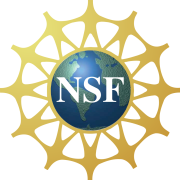 The National Science Foundation has bestowed five prestigious Graduate Research Fellowship Program awards to University of Colorado Boulder aerospace PhD students.
The National Science Foundation has bestowed five prestigious Graduate Research Fellowship Program awards to University of Colorado Boulder aerospace PhD students.
These top awards recognize and support outstanding grad students from across the country in science, technology, engineering and mathematics (STEM) fields who are pursuing research-based master’s and doctoral degrees.
Awardees receive a $37,000 annual stipend and cost of education allowance for the next three years as well as professional development opportunities.
PhD students Bryan Durham, Mikaela Assunta Felix, Cate Leszcz, Ryan Menges, and Callie Wynn are each receiving the honor for 2024.
Find out about their research below.
The 2024 Honorees
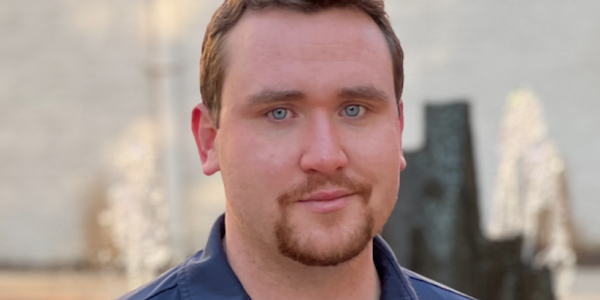
Bryan Durham
1st Year PhD Student
Advisors: Iain Boyd and Daniil Andrienko
Lab: Nonequilibrium Gas and Plasma Dynamics Laboratory (NGPDL)
I'll be investigating the coupling effects between high-energy, short-duration fluid-laser, and material-laser interactions. The aim of the project is to try to understand the physical processes that occur when an ultra-short femtosecond laser interacts with a surface adjacent to a high-speed chemically reacting flowfield.
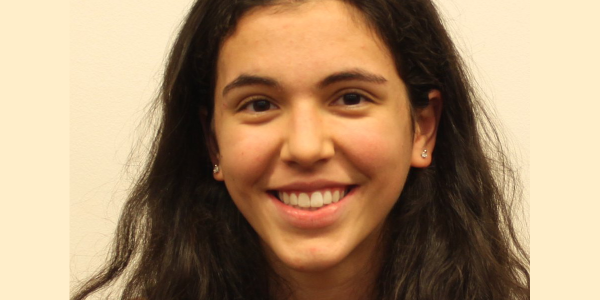
Mikaela Felix
Current Master's Student, beginning PhD in Fall Semester
Advisor: Hisham Ali
Lab: Magnetoaerodynamics and Aerospace Plasmas Laboratory (CU-MAPLAB)
I will be focused on Entry, Descent, and Landing research.
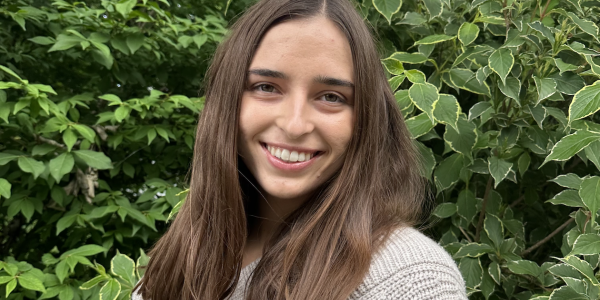
Cate Leszcz
1st Year PhD Student
Advisor: Iain Boyd
Lab: Nonequilibrium Gas and Plasma Dynamics Laboratory (NGPDL)
My research is in the field of hypersonics, specifically computational modeling of planetary entry flows. I will be using NGPDL’s hypersonic Computational Fluid Dynamics (CFD) code to model the entry environment for the ice giant planets, which are a top priority for the next NASA flagship mission. Hypersonic flows are typically characterized by speeds 5 times the speed of sound or greater, which cause massive heat loads to the vehicle and chemical reactions to occur within the surrounding flow. The goal of my research is to determine the sensitivities of radiative heating predictions from NGPDL’s hypersonic CFD code to the atmospheric composition of the ice giant planets, which is not well characterized. Understanding these sensitivities is important to create a robust spacecraft design for future missions.
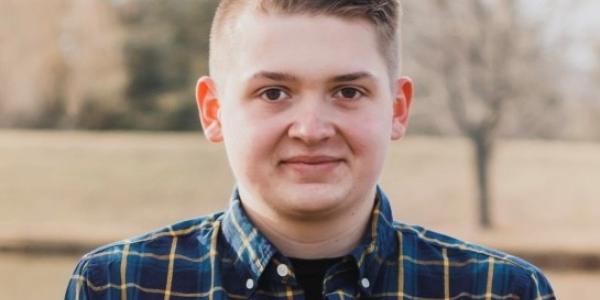
Ryan Menges
1st Year PhD Student
Advisor: Daniel Scheeres
Lab: Celestial Spaceflight Mechanics Lab (CSML)
My research lies at the intersection of dynamical systems theory and spacecraft navigation. In my current work, I am developing semi-analytical methods for spacecraft state propagation and navigation in cislunar space utilizing high-fidelity dynamical models. I am particularly interested in enabling advanced spacecraft autonomy.
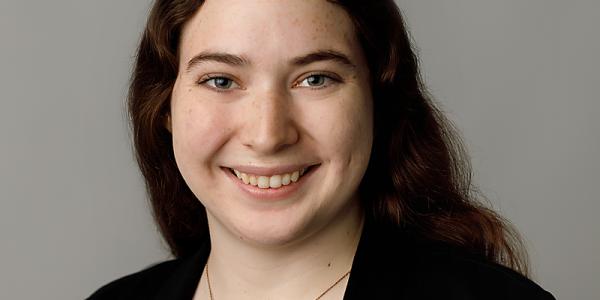
Callie Wynn
Incoming PhD student, beginning in Fall Semester
Advisor: Torin Clark
Lab: Bioastronautics Lab
I will be studying the impacts of hypo and microgravity on the human body. While I will be exploring multiple research interests, I plan to study SANS (Spaceflight Associated Neuro-Ocular Syndrome) and the proposed theories as to why this condition develops during prolonged spaceflight, including a headward fluid shift and elevated intracranial pressure. Additionally, I will be conducting research regarding the neurovestibular changes experienced by pilots and astronauts. I will be testing various countermeasures to limit the impact of each condition before, during, and after spaceflight, helping to ensure the safety of future missions.
